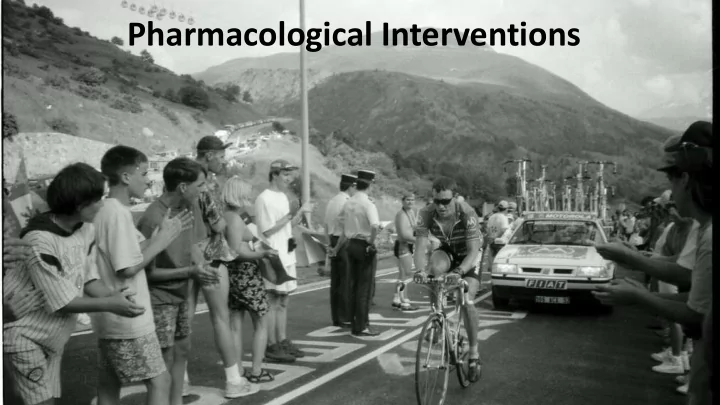

Pharmacological Interventions
Behavioural and Depression: 42% Psychological Agitation: 35% Anxiety: 35% Irritability: 30% Delusions: 22% Symptoms of Aberrant motor behaviour: 25% Sleep Disturbance: 14% Disinhibition: 12% Hallucinations: 8.5% Dementia – 90%
PAIN Higher 50% of people prevalence living with than in dementia cancer at end of life
THINK DELIRIUM
Cognitive symptoms of dementia: 100%
Golden rules 1. Speak to family. 2. What does the patient with dementia want? 3. Advanced decisions. 4. Advanced statements. 5. Legal framework for drug administration. 6. Low and slow. 7. Titrate to effect. 8. Consider all side effects / contraindications. 9. Speak to family.
Nociceptive pain • Regular paracetamol. • Remove stimulus – Think constipation, GORD, wind. • NSAIDS + PPI. • Opiates.
Neuropathic pain • SNRI • Amitriptyline • Pregabalin
Golden rules 1. Speak to family. 2. What does the patient with dementia want? 3. Advanced decisions. 4. Advanced statements. 5. Legal framework for drug administration. 6. Low and slow. 7. Titrate to effect. 8. Consider all side effects / contraindications. 9.Speak to family.
• SSRI – Sertraline, Fluoxetine, Citalopram. • Mirtazapine – positive side effect profile. • Trazadone – agitation, hypnotic. • Venlafaxine / Duloxetine.
Selective serotonin reuptake inhibitor Mirtazapine Pregabalin*
Antipsychotics • When and what to prescribe….. • Treat the symptom not the behviour
Antipsychotics Risperidone - ? The safe (er) option? • Olanzapine – The all rounder. • Aripiprazole – Cardiologists friend • Amisulpride – Diabetologists friend • Haloperidol – The junior doctors friend • Quetiapine – Neurologists friend •
IM antipsychotics • Convenience vs drug • Rule 2 • Legal framework
Golden rules 1. Speak to family. 2. What does the patient with dementia want? 3. Advanced decisions. 4. Advanced statements. 5. Legal framework for drug administration. 6. Low and slow. 7. Titrate to effect. 8. Consider all side effects / contraindications. 9. Speak to family.
Psychotic symptoms in Parkinson’s disease Can dopaminergic medication be reduced? • Rivastigmine • Quetiapine • ?Clozapine? •
Sleep / wake reversal
• Melatonin 10mg– mixed evidence, Sleep wake cycle cochrane, no effect and low side effects. • Trazadone 50mg-100mg – improved time to sleep and time asleep • Ramelteon 8mg – no effects and poor evidence base.
• Acetylcholinesterase inhibitors* • Memantine* • Trazadone
georgecrowther@nhs.net
Recommend
More recommend